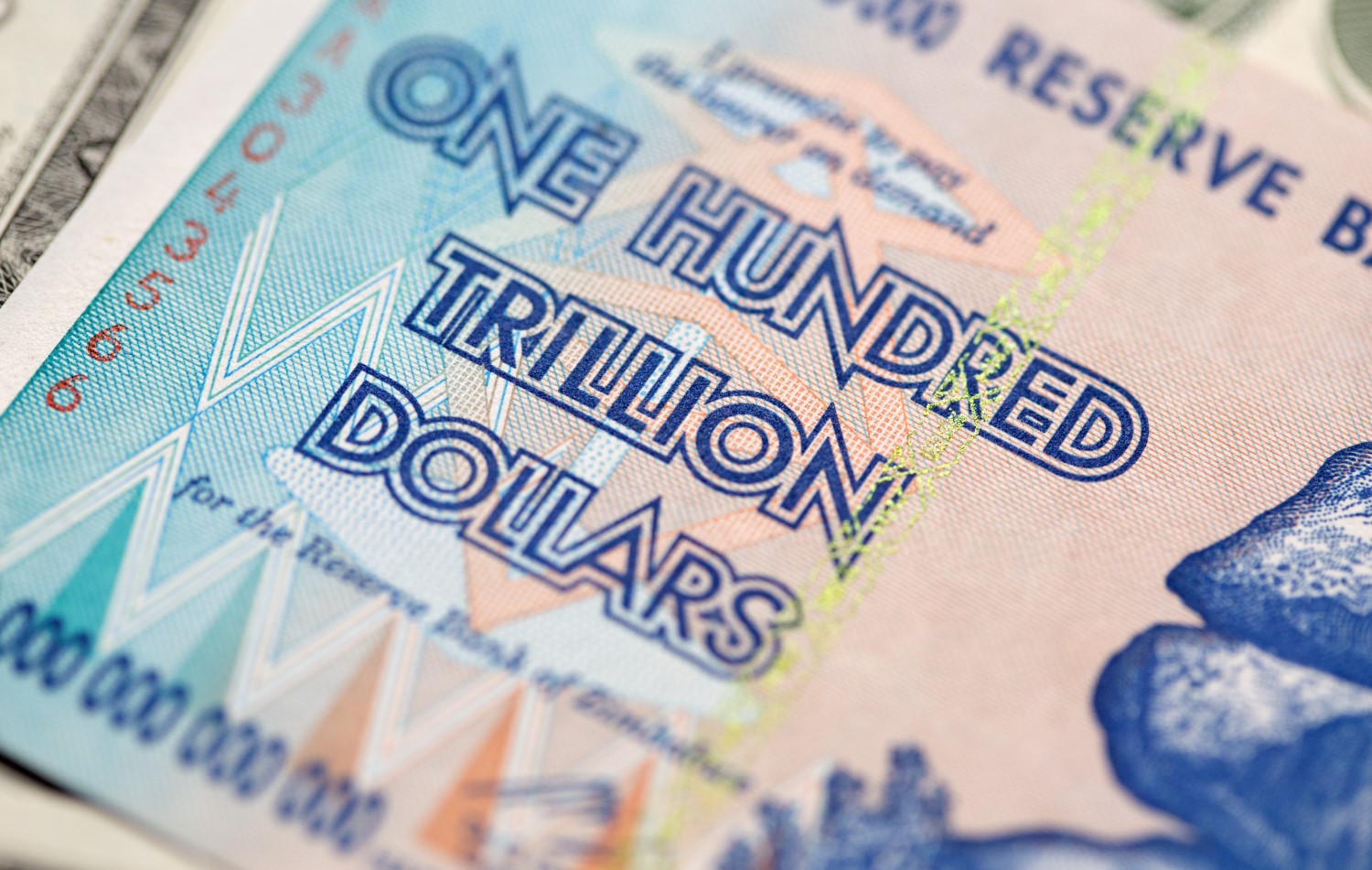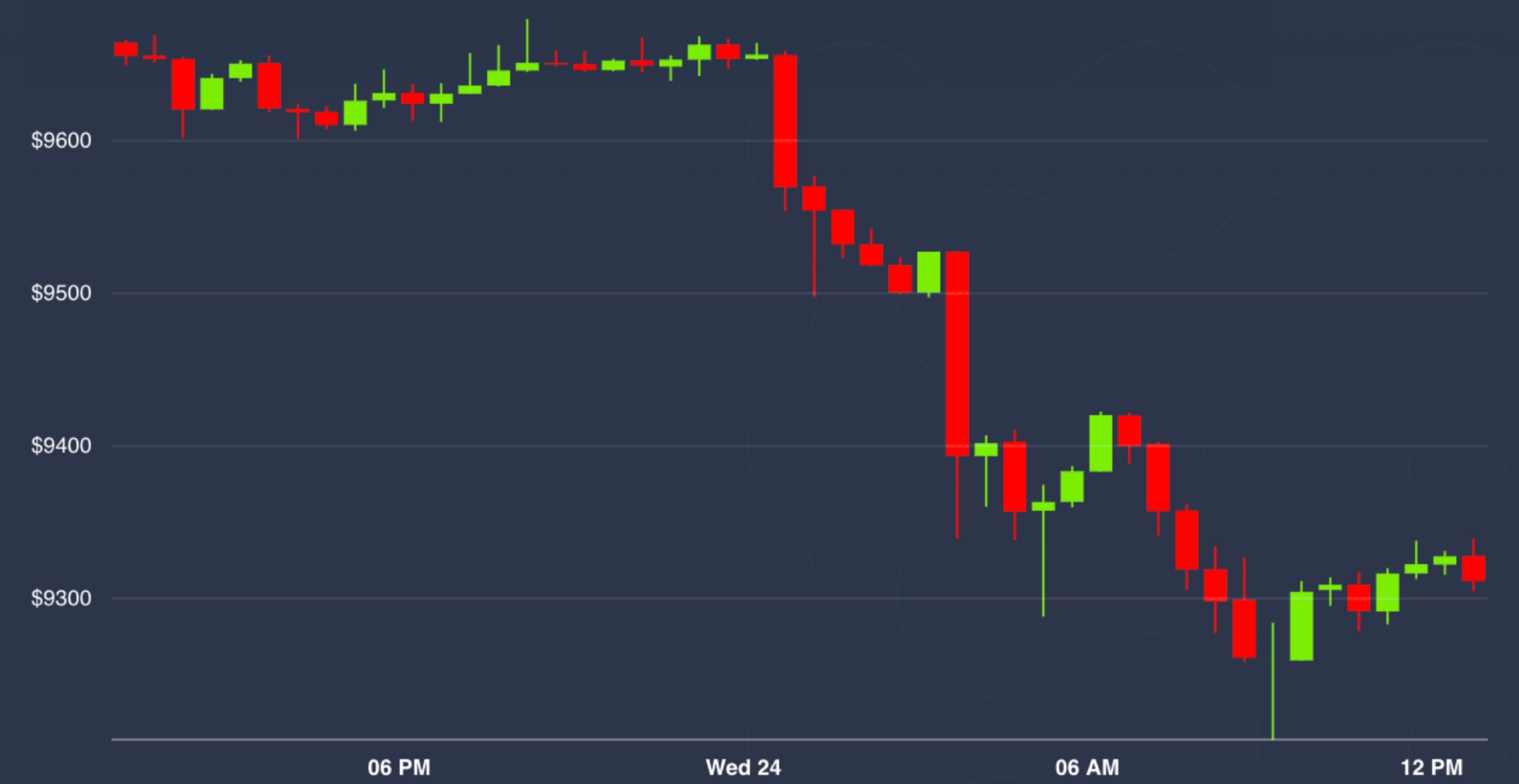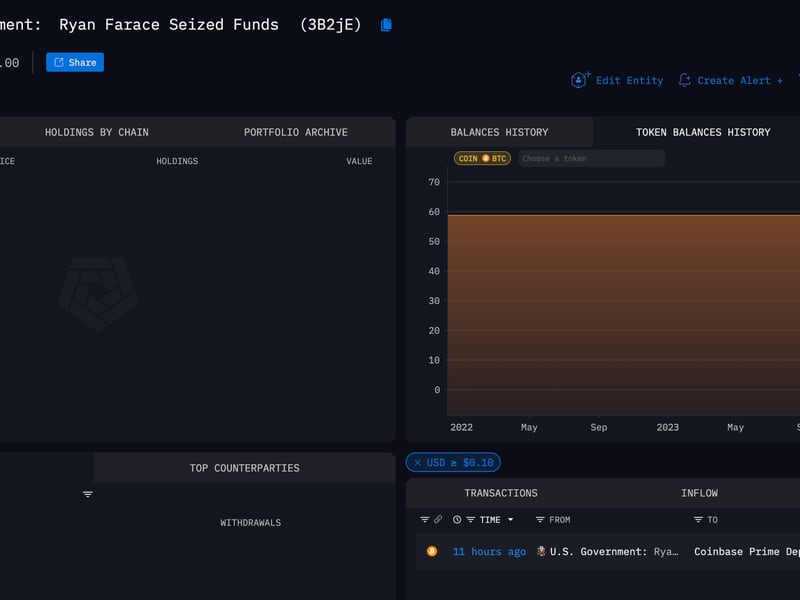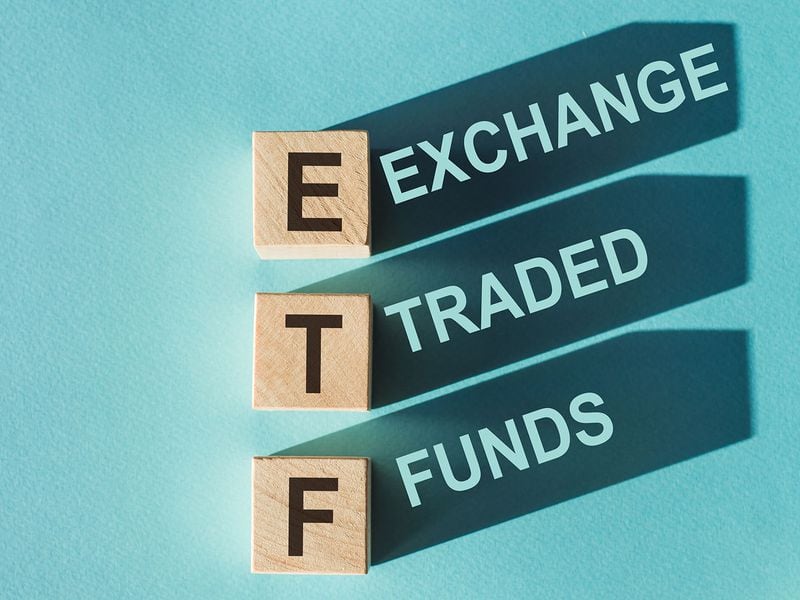A Second Look at Third-Party Token Allegations in the SEC’s Case Against Binance
Last week, a federal judge convened a hearing for the U.S. Securities and Exchange Commission’s case against Binance after publishing her ruling on Binance’s motion to dismiss the SEC lawsuit.
You’re reading State of Crypto, a CoinDesk newsletter looking at the intersection of cryptocurrency and government. Click here to sign up for future editions.
Third-party questions
The narrative
Last week, a federal judge said she would review her ruling in the U.S. Securities and Exchange Commission’s (SEC) case against Binance and affiliated entities (namely Binance.US and founder Changpeng Zhao) after attorneys for the world’s largest crypto exchange said they interpreted the ruling in a specific way beneficial to them.
During a hearing on July 9, attorneys for Binance said they interpreted Judge Amy Berman Jackson’s June 28 ruling on Binance’s motion to dismiss the SEC’s case as moving third-party tokens – digital assets alleged to be unregistered securities by the SEC that were issued by various companies not named Binance – out of the case. The judge said that was not her intention, which kicked off a nearly hour-long back-and-forth over whether she had sufficiently addressed both Binance and the SEC’s written arguments over these specific tokens.
Why it matters
The SEC’s June 2023 lawsuit against Binance alleges the exchange offered and sold BNB, Binance’s token, as an unregistered security; that it sold its BUSD stablecoin as an unregistered security; that it failed to register as a broker, clearing agency or exchange; that its staking service violated federal securities laws; and that it commingled customer funds. As part of its allegations, the SEC named 10 different cryptocurrencies including solana (the rest are listed below) it alleged were unregistered securities.
It’s the status of the specific claims about the 10 tokens that were discussed during last week’s hearing – and it’s difficult to say how exactly this may resolve or what the implications are for the case. On the one hand, if the judge decides that the third-party tokens should be removed from the specific charges against Binance, that’s one less thing for the exchange to have to defend itself against and it may limit or otherwise shape the scope of discovery. On the other hand, the judge seemed to indicate she did not believe her order moved the tokens out of the case, which goes the other way in terms of how much discovery the SEC may be entitled to.
Breaking it down
In her June 28 ruling, Judge Jackson said the SEC had brought plausible charges against Binance, Binance.US and Zhao tied to staking, the initial coin offering and ongoing direct sales of Binance’s BNB token, the BNB vault (a staking and rewards program) and failing to register, as well as fraud. Charges against Binance’s Simple Earn savings accounts, its BUSD stablecoin and secondary sales of BNB from parties other than Binance were dismissed.
The SEC alleged that Binance in particular listed 10 tokens that it viewed as securities, as examples of how the exchange was violating federal securities laws by being a broker, dealer and clearinghouse: SOL, ADA, MATIC, FIL, ATOM, SAND, MANA, ALGO, AXS and COTI. In its motion to dismiss, Binance argued that the SEC couldn’t plausibly allege that they were securities, saying they didn’t meet the tenets of the Howey Test.
Two of Binance’s arguments – that the claims failed under the Major Questions Doctrine and that there needed to be a formal contract – were already “soundly rejected,” the judge said during the hearing.
SEC attorney Matthew Scarlato said Binance’s arguments were addressed in the regulator’s opposition memo, which pushed back on the exchange’s Howey arguments and said that the tokens were also tied to a common enterprise where investors could reasonably expect a profit.
Ultimately, the judge said she’d take another look at both the motion to dismiss, which Binance filed in September, and the SEC’s opposition memo, filed in November, to review the arguments made about the third-party tokens.
Last week’s hearing also saw the two parties (and judge) agree to a July 29 deadline for jointly filing a proposed schedule for the next steps, which may address other ongoing discovery efforts.
The judge also took aim at bloggers who she said misinterpreted her opinion as a “grand ruling” on stablecoins or secondary crypto transactions in general, suggesting it was closely focused on the actual case in front of her.
“I wasn’t asked to decide and I didn’t decide whether a stablecoin could ever” be an investment contract, nor did the judge rule that secondary transactions of tokens by third parties could never be investment contracts, she said near the end of the hearing.
Stories you may have missed
-
Conduct Versus Code May Be the Defining Question in Roman Storm Prosecution: Judge Katherine Polk Failla held a hearing on Tornado Cash developer Roman Storm’s motion to dismiss the case against him and other efforts. The three-hour hearing made it clear that the case rests on a philosophical question: Did Storm and his colleagues merely create software, or did they develop and control a service they also profited from?
-
Judge Sends Coinbase Back to the Drawing Board Over Efforts to Subpoena SEC’s Gary Gensler: Judge Failla is also the presiding judge over the SEC’s lawsuit against Coinbase. She scheduled a hearing last week after the SEC moved to block Coinbase from serving a subpoena to SEC Chair Gary Gensler, telling Coinbase’s team she was surprised by the effort and not particularly swayed by their arguments. There will now be a formal motion and hearing process to go through these arguments.
This week
:format(jpg)/cloudfront-us-east-1.images.arcpublishing.com/coindesk/CDZWLUZRMJCO5JCC6YLGBRKB6I.jpg)
-
Not a lot going on. This week’s the Republican National Convention, which had a few crypto sessions but nothing major.
Elsewhere:
-
(CNN) A software provider for car dealerships called CDK Global was hit by ransomware last month, preventing a large swath of these dealerships from making sales or handling other normal operations. CNN reports that CDK “appears to have paid a $25 million ransom” to the attackers, and shortly after came back online.
-
(Reuters) Boeing CEO Dave Calhoun called National Transportation Safety Board Chair Jennifer Homendy to apologize for Boeing’s releasing speculative and non-public information on Alaska Airlines flight 1282, the Boeing 737 MAX 9 that saw a door blow out mid-flight.
-
(BusinessDen) You remember that Denver pastor accused of stealing $1.3 million from investors in a crypto project he’s spearheading, that he said God told him to take? That suit’s still ongoing. Eli Regalado told BusinessDen, “please quote me on this: The Division of Securities is not fighting against me, they’re fighting against God, and they will lose.”
:format(jpg)/cloudfront-us-east-1.images.arcpublishing.com/coindesk/HMEGYGJLNZHRLE4BGMMQPUULV4.jpg)
If you’ve got thoughts or questions on what I should discuss next week or any other feedback you’d like to share, feel free to email me at nik@coindesk.com or find me on Twitter @nikhileshde.
You can also join the group conversation on Telegram.
Edited by Nick Baker.









